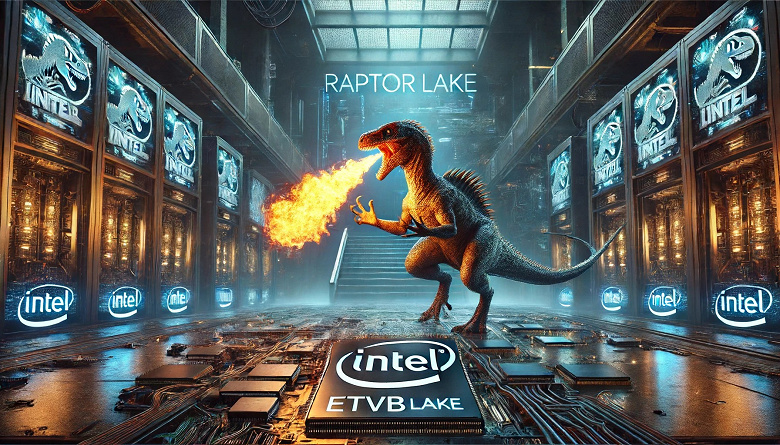BIOS updates will be released within a month
Intel seems to have finally discovered the problem of unstable operation of its top-end 13th and 14th generation Core i9 processors. At the very least, an internal Intel document describing these very reasons has leaked to the Internet.
The main thing worth knowing is the fact that Intel actually admits its guilt, indicating that the problem lies in the CPU microcode algorithms. Let us remember that before this the company largely blamed motherboard manufacturers.
The company discovered that the root cause was an incorrect value set in the microcode algorithm for eTVB (Enhanced Thermal Boost Velosity). The problem specifically affects Raptor Lake and Raptor Lake Refresh processors.
The consequences of this incorrect value are manifested precisely in increased voltage, increased frequencies and, as a consequence, increased temperatures.
Thermal Boost Velosity technology is available only in the top Core i9, so we have not heard of cases where low-end CPUs suffer from it.
Failure analysis of 13th and 14th generation Core processors indicates a change in the minimum operating voltage on the affected processors as a result of the cumulative effects of increased core voltage. Intel's analysis has shown that a confirmed contributing factor to this issue is increased input voltage to the processor due to previous BIOS settings that allow the processor to operate at turbo frequencies and voltages even when temperatures have already risen to high levels. Previous generations of Intel K processors were less sensitive to these types of settings due to their lower default operating voltage and frequency.
Intel is asking all customers to update their BIOS to firmware 0x125 or later by July 19, 2024. This microcode includes an eTVB fix for an issue that may allow the processor to enter a higher performance state even if the processor temperature has exceeded the eTVB
thresholds
So, before July 19th, motherboard manufacturers will likely release BIOS updates that fix the problem. True, Intel has not yet made an official statement.

